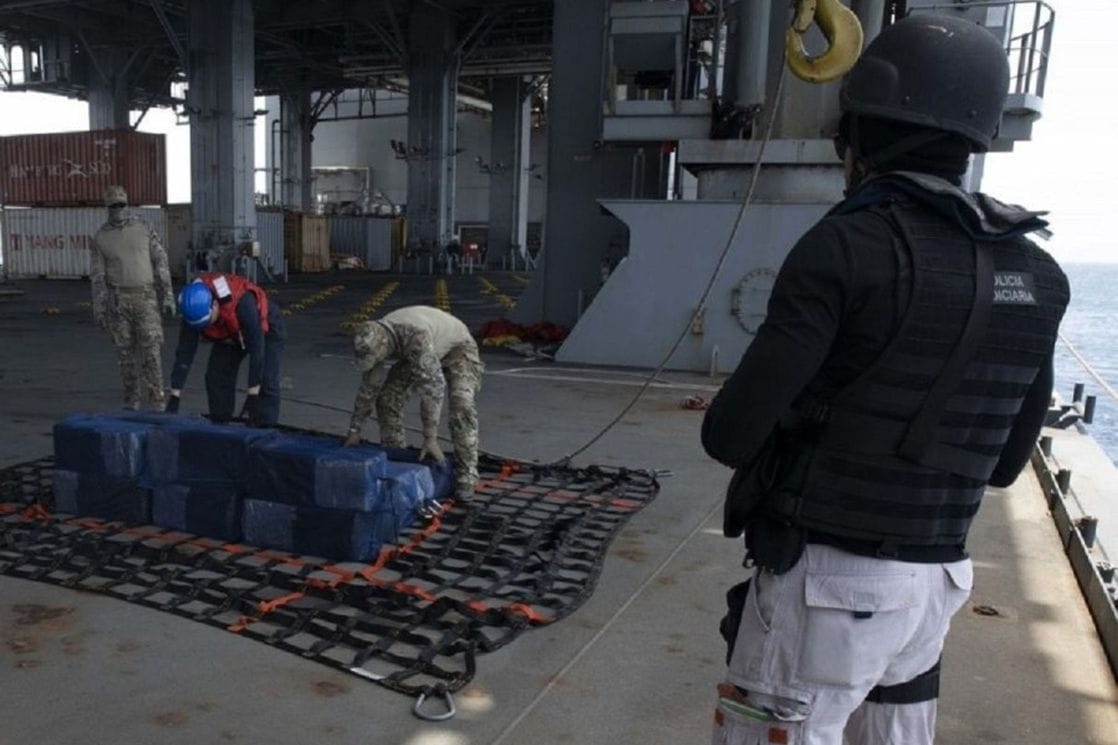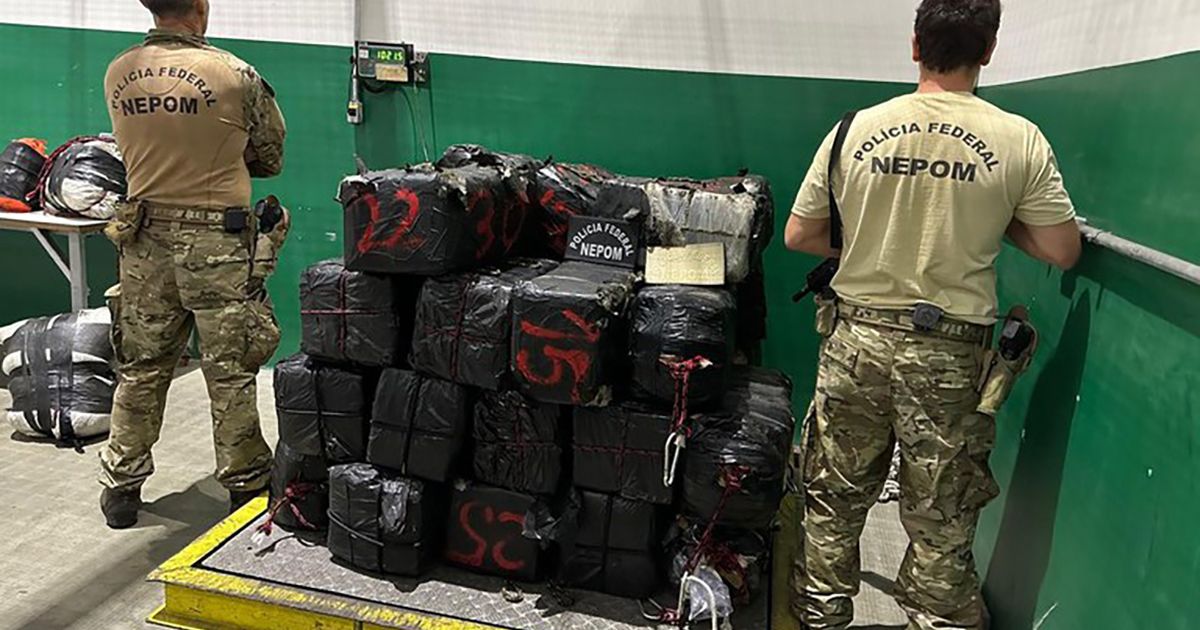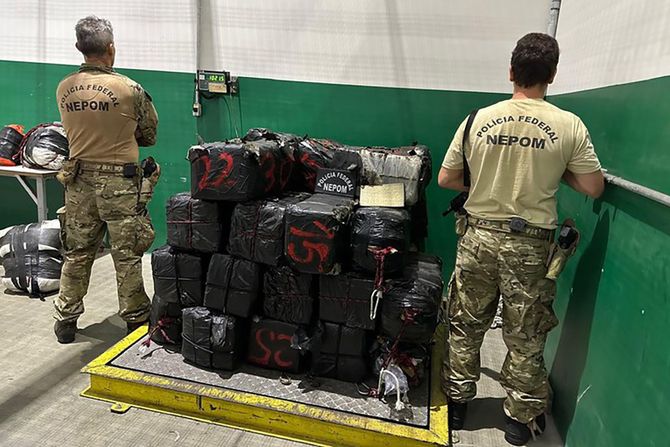Montenegrin citizens have participated in or organized international cocaine trafficking involving nearly 43 tons over the past eight years, marking an unfortunate record. These activities have been confirmed by major seizures worldwide, including Brazil, Australia, the USA, Europe, and Africa. Key actors are criminal groups from Montenegro, particularly the Kavač and Škaljari clans, known for their conflicts and destabilization of the criminal scene. Despite arrests and international pressure, the trafficking network continues to expand and adapt. This information is confirmed by international police and prosecutorial records, as well as UN drug control agencies.
Political Perspectives:
Left: Left-leaning sources emphasize the systemic issues behind the drug trafficking, including corruption, weak governance, and the socio-economic conditions that allow criminal networks like the Kavač and Škaljari clans to thrive. They highlight the need for stronger international cooperation and social reforms to combat the root causes of drug trafficking.
Center: Center-leaning sources focus on the factual reporting of the large-scale cocaine trafficking involving Montenegrin citizens, detailing the international police operations and seizures. They present the information in a neutral tone, emphasizing the criminal activities and the ongoing law enforcement efforts to dismantle these networks.
Right: Right-leaning sources tend to highlight the threat posed by organized crime groups from Montenegro, stressing the importance of strict law enforcement and border security. They may also link the issue to broader concerns about national security and the influence of Balkan criminal groups on international drug trafficking.











